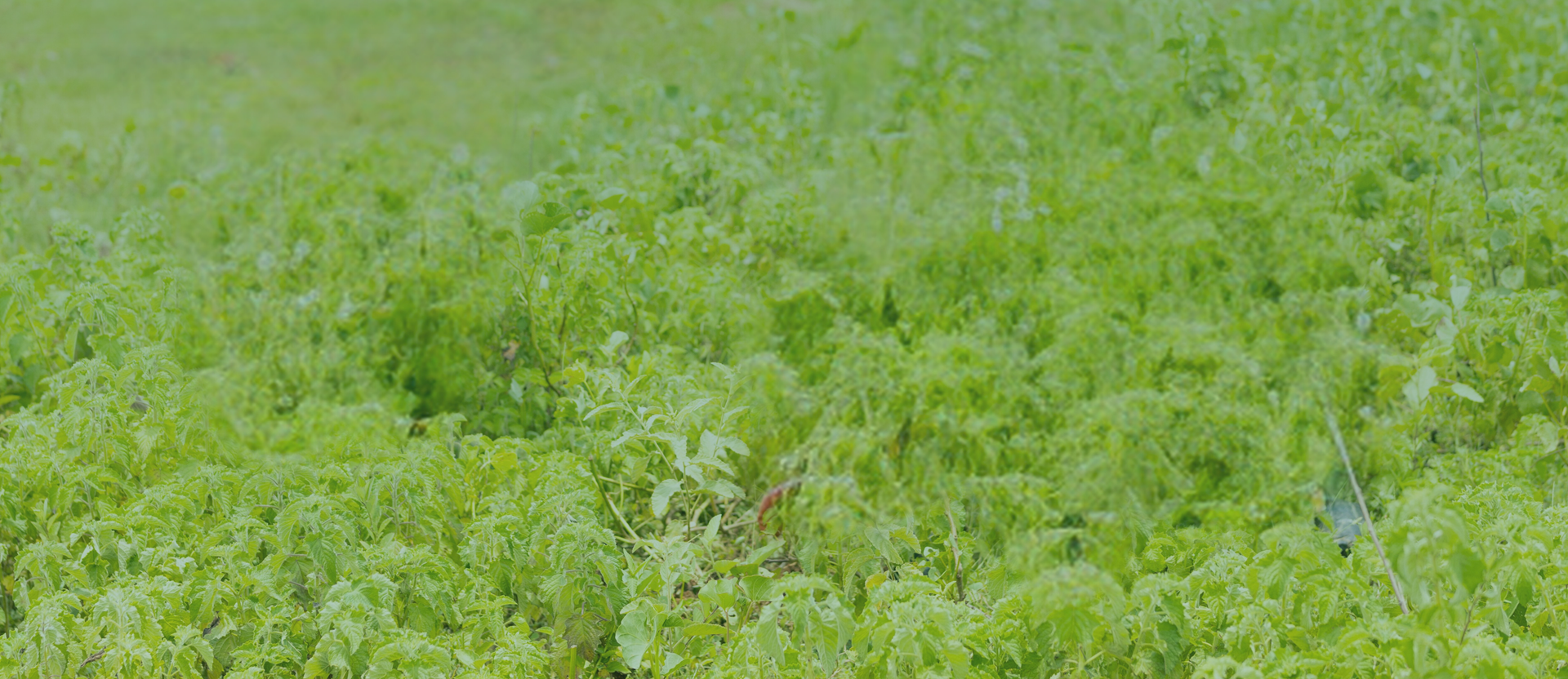
Tree Aid Launches Innovative Carbon Model That Puts Communities First
30th November 2023Tond Tenga is a new 30-year project that brings local communities together to restore degraded land, while supporting them to access their rightful share of carbon credits bought from the trees they grow.
Building on years of experience working with communities in the region, Tree Aid’s latest project in Burkina Faso ensures that the sale of carbon credits generates substantial and rightful benefits for those communities, bought from restoring the land they are custodians of, and helping to alleviate poverty and strengthen their resilience to climate change.
Meaning ‘Our Land’ in Mòoré, the most spoken language in Burkina Faso, this new programme will see more than 6 million native trees planted by 2025, contributing to ecosystem restoration in the region. Tree Aid anticipates over 2.97 million tonnes of CO2 will be captured over a 30-year period to help mitigate the climate crisis.
Why Burkina Faso?
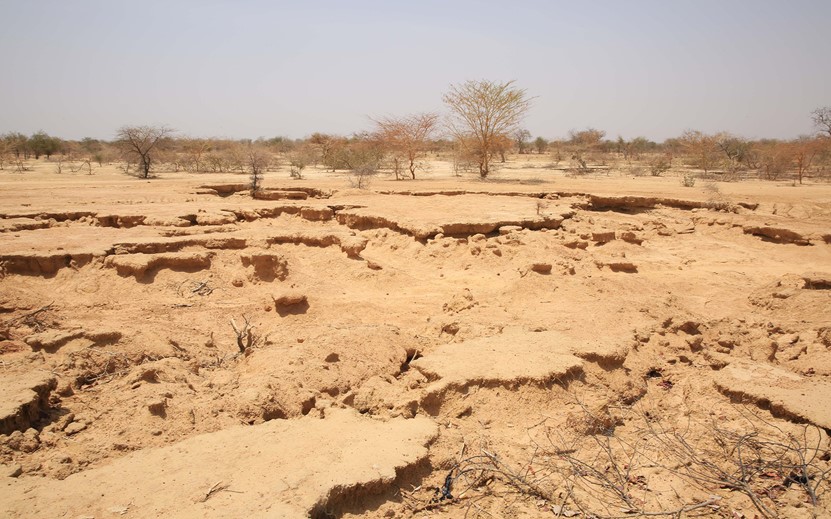
Over 9 million hectares of productive land in Burkina Faso has become degraded. That's an estimated one-third of the country's national territory. With the threat of climate change, this is expected to rise to an average of 360,000 hectares per year (FAO). In a country whose economy relies heavily on agriculture, the consequences of this would be catastrophic.
That's why Tree Aid has been working with rural communities in Burkina Faso since 2007, covering over 30,000 hectares in 37 forest sites. In this time, we've supported people in their capacity to manage, protect and productively use forests to grow their incomes and restore their land.
Building on this, the new project will focus on restoring 12,950 hectares of community-managed land.
Why is it innovative?
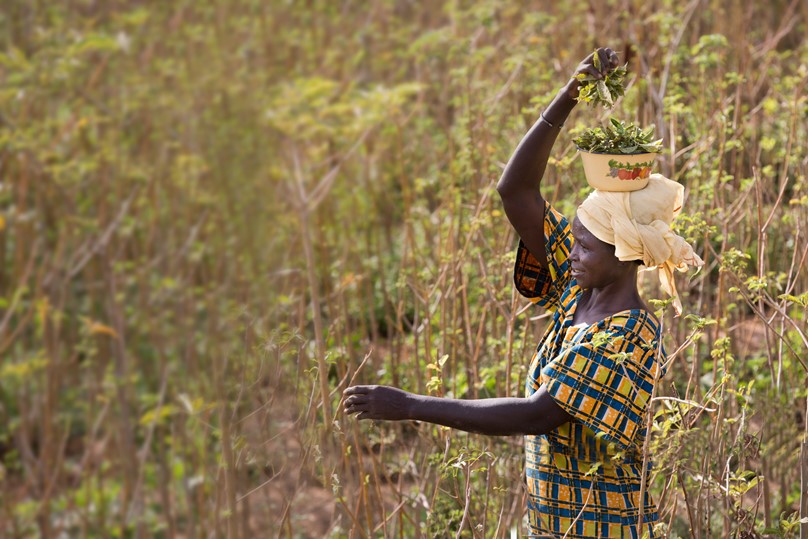
Tond Tenga's new approach will unlock an unprecedented amount of finance at scale, helping to accelerate and bring localised funding to continue growing the Great Green Wall – an African-led, international effort to grow a vast belt of trees, vegetation and fertile land across the drylands of the Sahel in Africa.
Recently, UN Decade Advisory Board Member Crowther Lab published a groundbreaking new study on trees and carbon storage potential. The study estimates that natural forest recovery could capture approximately 226 Gigatonnes of carbon, but only if we also reduce greenhouse gas emissions. Achieving these results requires community-driven efforts to conserve and restore biodiversity.
Tond Tenga provides the additionality of carbon finance where communities, including women, can earn an income from the carbon sales – providing them with an increased sense of ownership so that they can steward the project and scale up the delivery of positive sustainable development impacts. Tree Aid expects the project to generate over $30m in direct financial benefits over 30 years for local people living in and around the forest areas working to restore, manage and protect the natural resource base.
Tree Aid will continue to work with communities to establish mechanisms to access the funding, giving local people the choice on how to invest the money generated from the sale of carbon credits.
Messages from the team
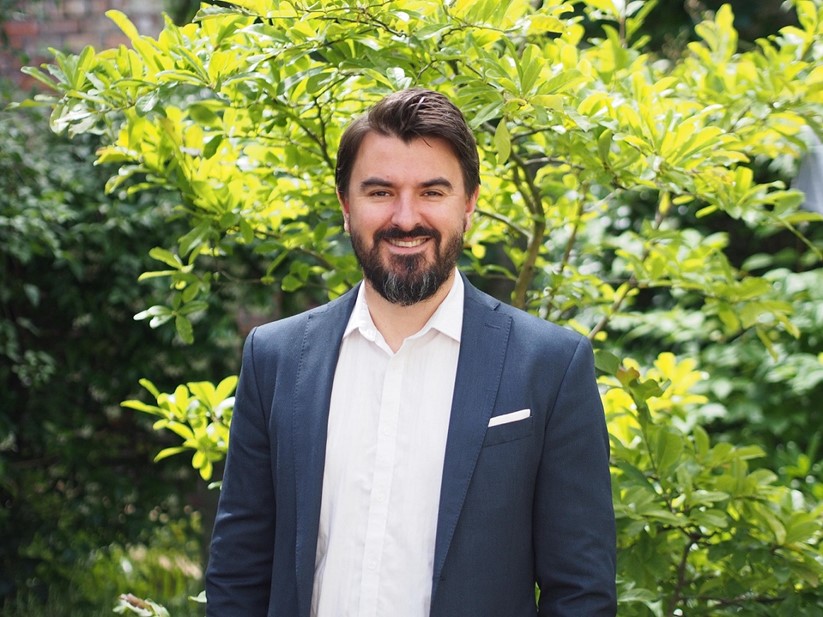
“This is a part of the world most affected by the climate crisis and land degradation. There's roughly nine million hectares in Burkina Faso that was once arable land, but no longer is. In an environment where people already face poverty and food insecurity, every time more land is degraded, the strain on life increases."
“The trees grown are first and foremost to improve the lives of those on frontline of the climate crisis – through improved soil fertility, increased food security and diversified income streams. The potential to have community-centred carbon projects provides a fair way to pay those most effected by the climate crisis for land restoration.”
Tom Skirrow, CEO
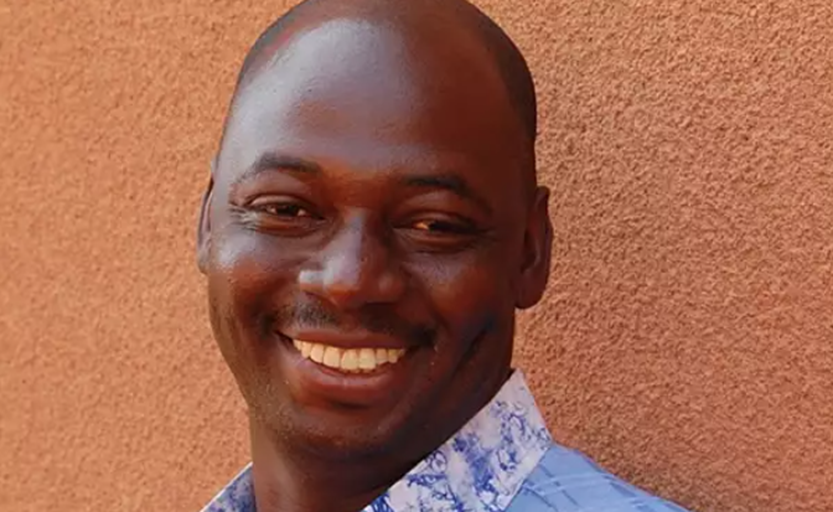
"Climate funding is difficult to access by Sahelian countries and does not reach communities, but we are running out of time. Carbon offsetting models like this can be an important way of funding the triple emergency of nature and biodiversity loss, climate change, and poverty and inequality in countries that are living in dryland ecosystems."
"By ensuring communities receive a share in the carbon credits from these trees, we can support them with livelihood improvement projects, creating a sustainable, long-term impact for people living on the frontline of poverty and the climate crisis."
Désiré Ouedraogo, Country Director at Tree Aid Burkina Faso
Both Tom and Désiré will join members of our team at COP28 this December, to announce the launch of Tond Tenga and host side events as part of the Burkina Faso pavilion. We will be there to represent African dryland communities, and call for greater investment in community-led climate solutions.